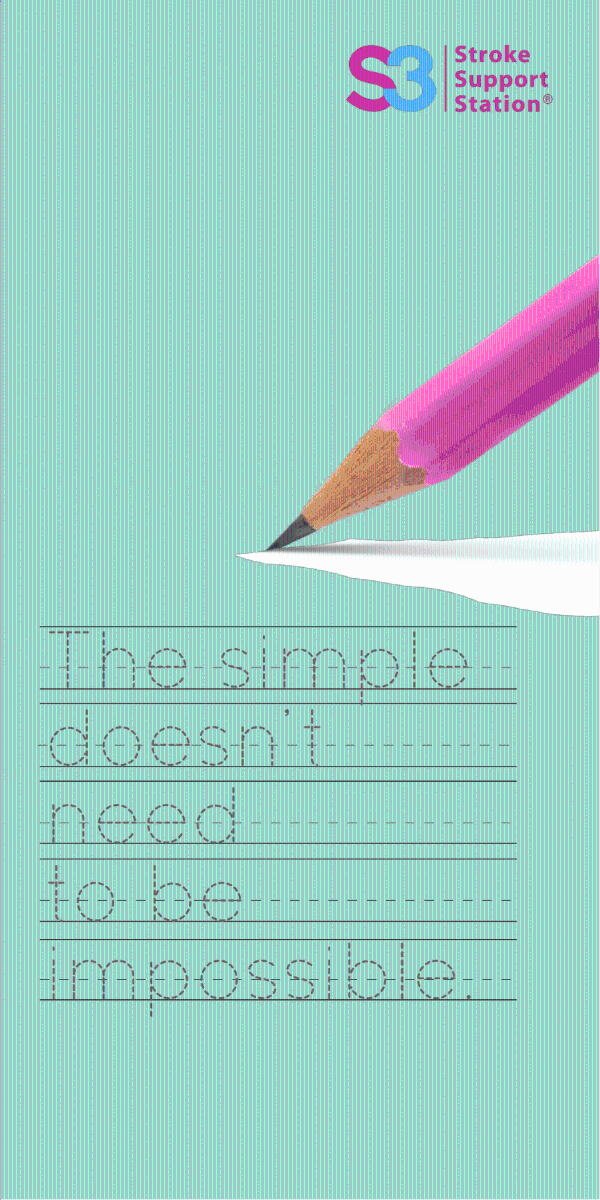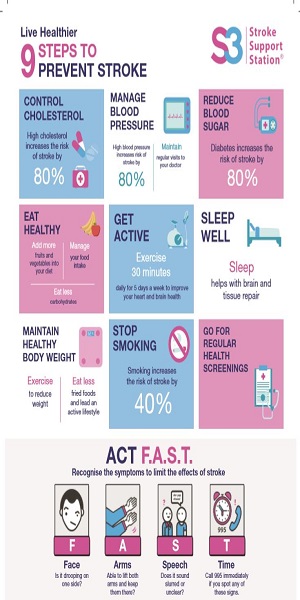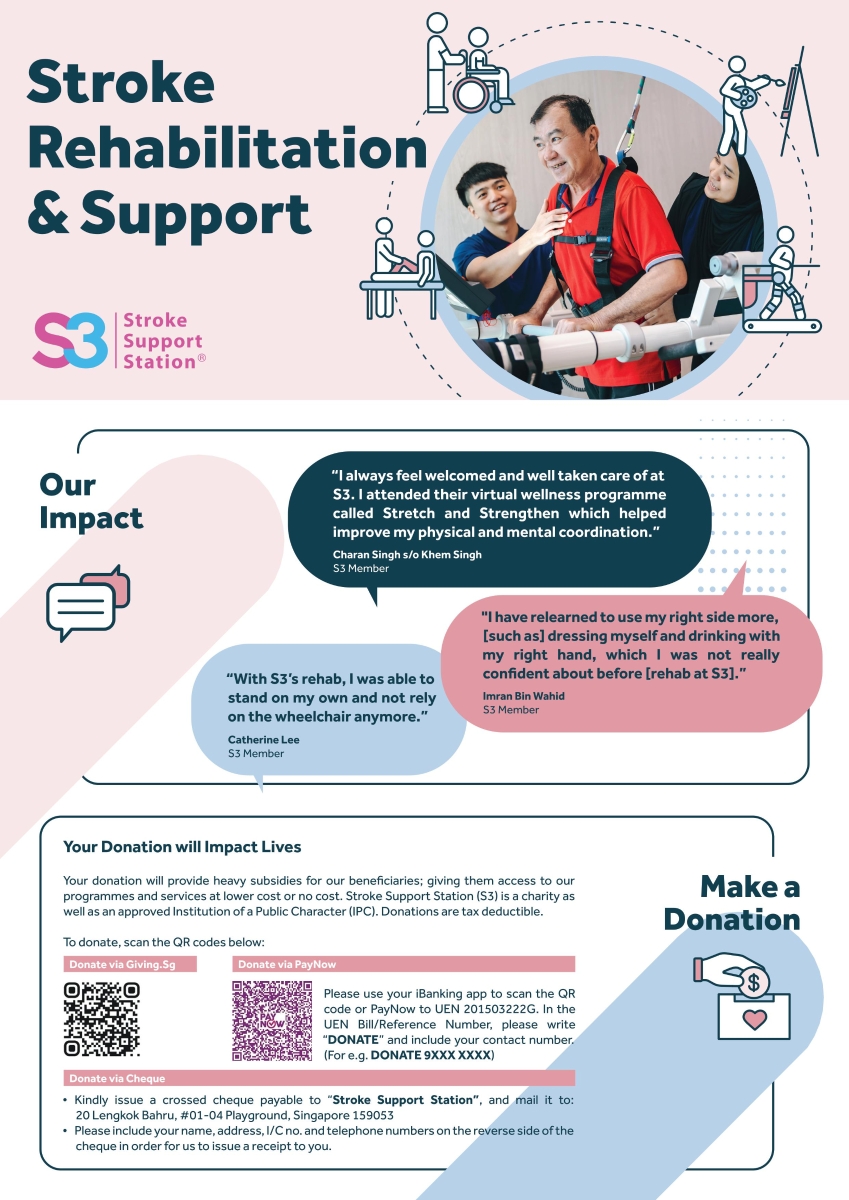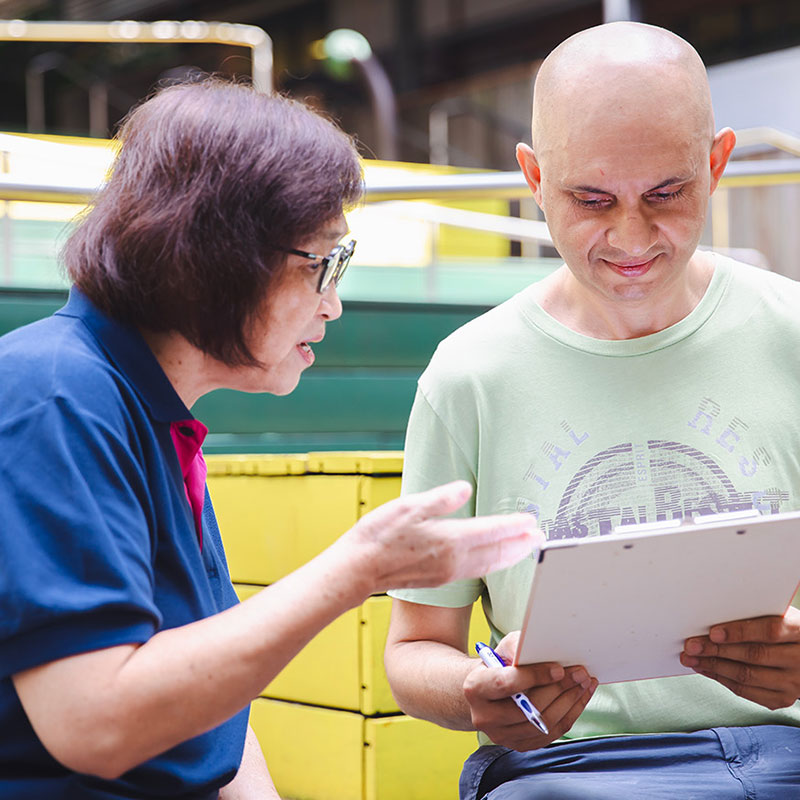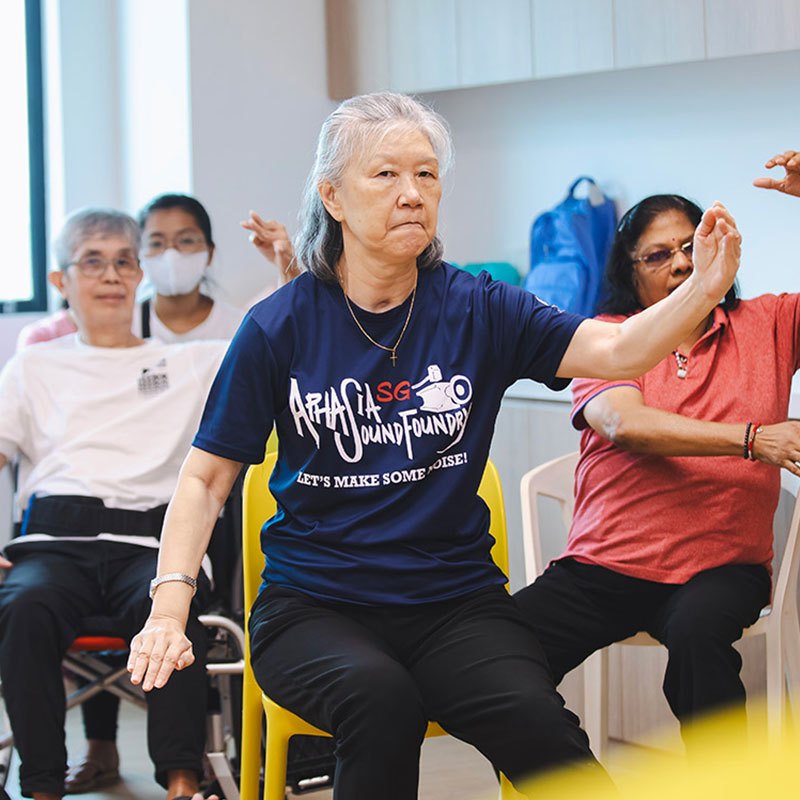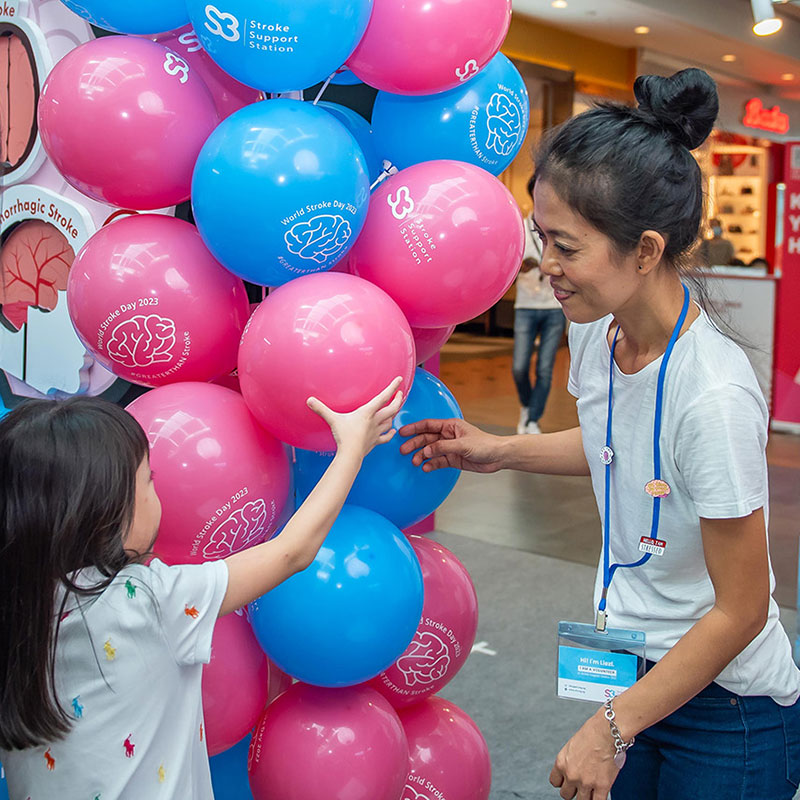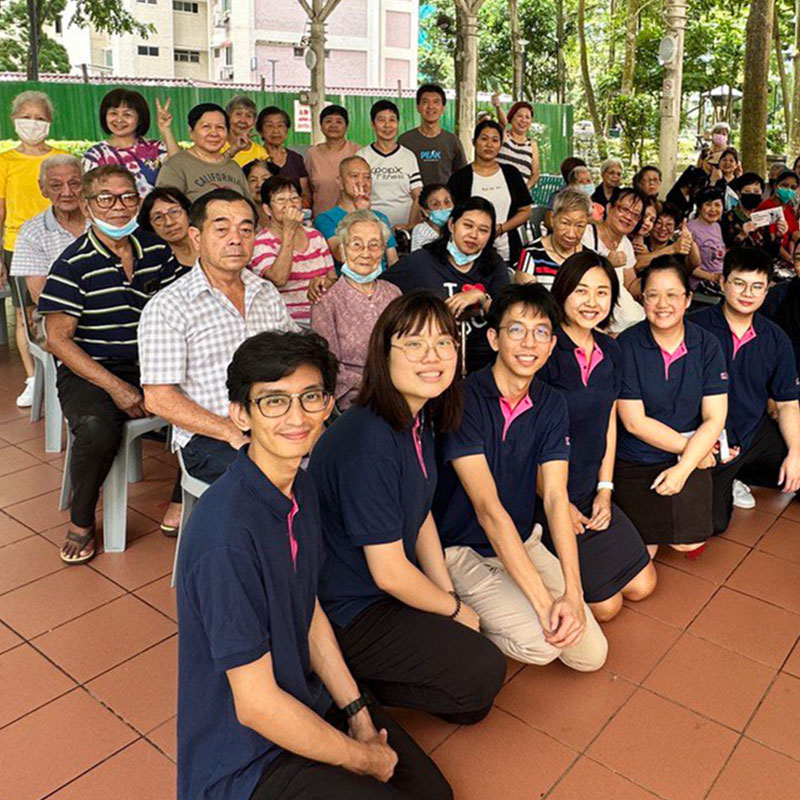News
Building our networks to advocate for stroke survivors
Besides driving rehabilitation success for stroke survivors and caregivers, S3 believes in effecting transformations in the lives of stroke survivors and caregivers by rallying awareness and support. Advocacy starts from education in stroke prevention, recovery and care.
Last month, we reached out to two prominent groups which had contributed significantly to stroke advocacy.
1) Stroke Onward
Stroke Onward, a USA based organisation, develops impactful resources to drive important conversations on stroke. It strives to help stroke survivors to rebuild their identities and lives.
Stroke Onward is founded by an amazing couple team, Steve Zuckerman and Debra Meyerson. Debra suffered a severe stroke which resulted in aphasia and paralysis on the right side of her body. Thankfully, with rehabilitation and speech therapy, Debra is on the road to recovery.
.jpg)
Due to her stroke, Debra had to give up her job as a university professor. With this loss, purpose and meaning started to seep away from Debra’s life. However, Debra reflected and discovered that she could still contribute effectively to society. With this unwavering belief, she transited to become an author.
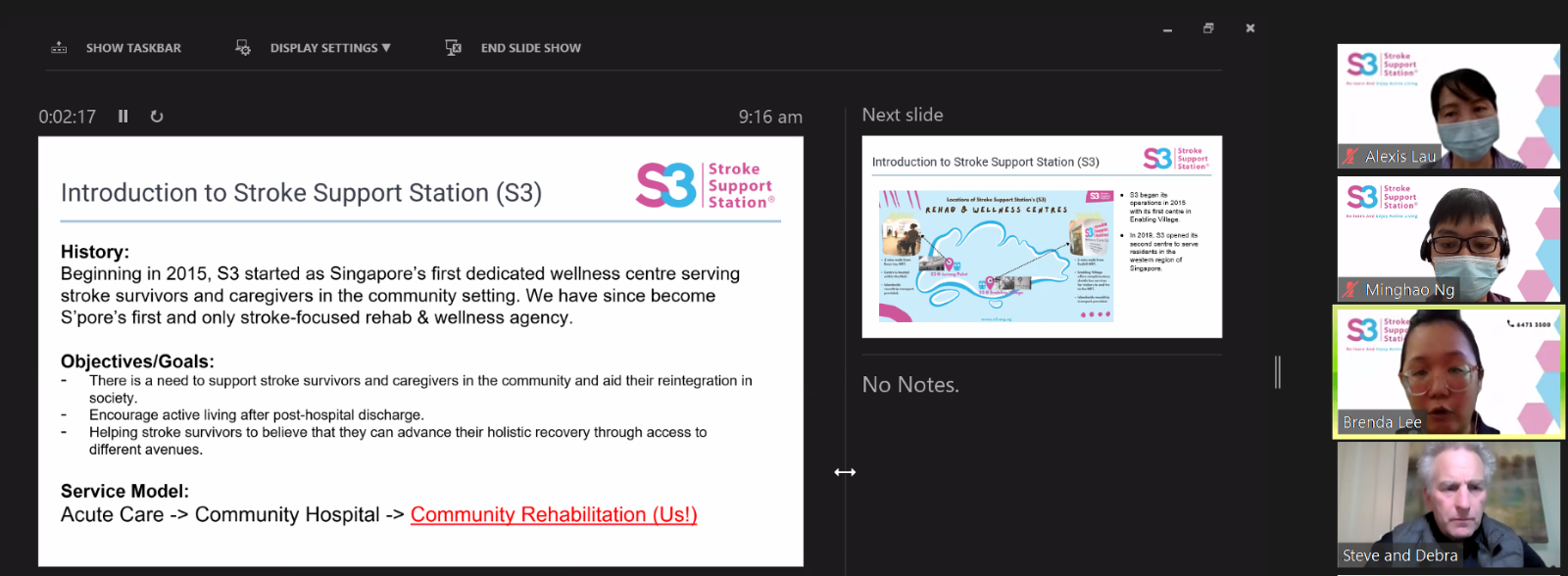
We had the honour to engage with Steve and Debra, sharing our programmes and services with them. Steve and Debra inspired us with their stories, plans and advocacy efforts and we applaud them for their active enthusiasm to champion the cause of stroke awareness.
To many, stroke is a life-long affair which not only affects our physical abilities but our mental, emotional, and spiritual health as well. These areas warrant our utmost attention and together, we share the same goal with Stroke Onward to improve the quality of life for stroke survivors and caregivers!
2) Engagement with scholars from Duke-NUS Medical School
We had a lovely early morning chat with esteemed Professors Matchar and Rahul from Duke-NUS Medical School.
Through many years of research experience, both professors possess vast knowledge of brain health and other neurological disorders. We are happy to learn many perspectives and insights from them during this engagement session.

Continued participation in community rehabilitation is important for stroke survivors to maintain their recovery progress. Professor Matchar identified the problem of high drop-out rates from outpatient rehabilitation. His study revealed that stroke survivors who received incentives (free transport and out of pocket incentives) attended twice as many outpatient rehabilitation sessions as compared to those who didn’t. These participants also persisted longer in their commitment towards attending rehabilitation.
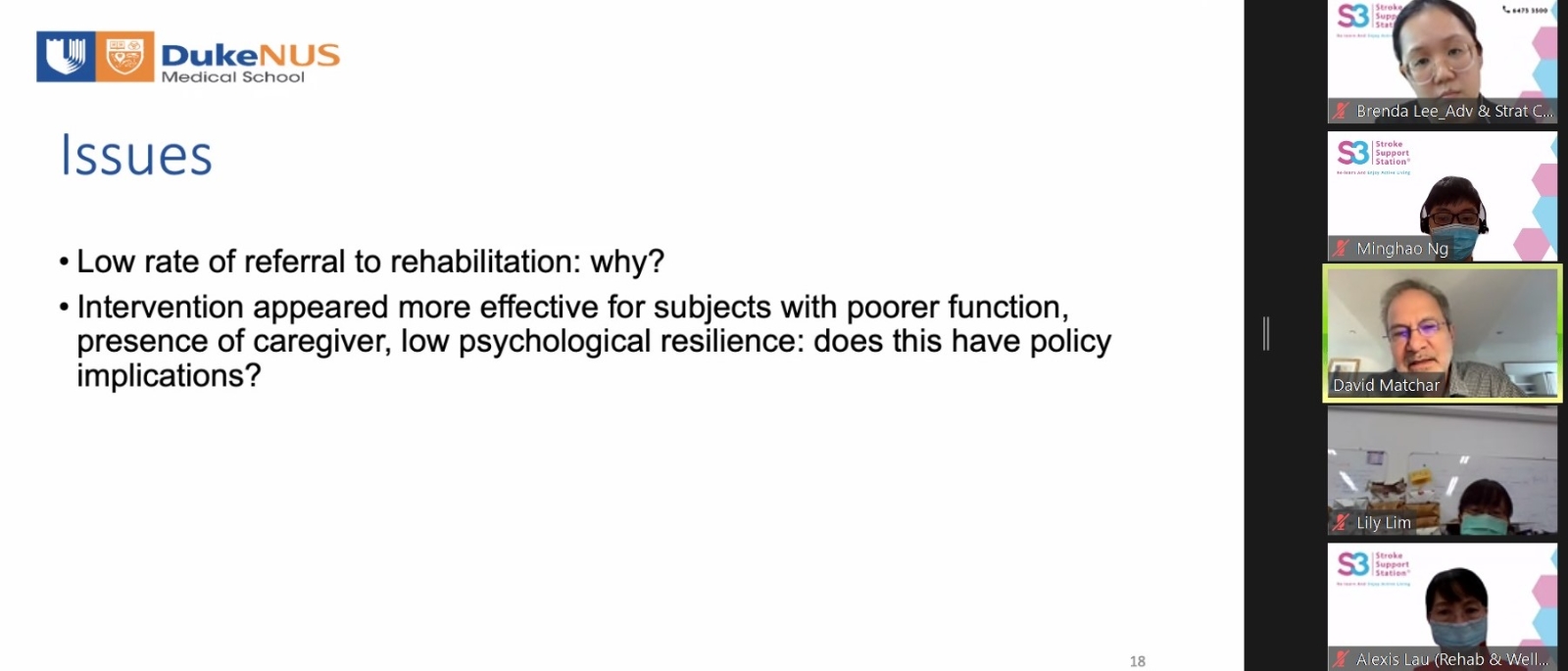
Professor Rahul illuminated how the caregiving experience is shaped by the extent of disability. His research on the topic of caregiving shows that a worsening disability faced by a stroke survivor can aggravate the negativities felt by their caregivers who are not coping well. Caregivers who possess good coping strategies and resources will be able to overcome their adversities better.
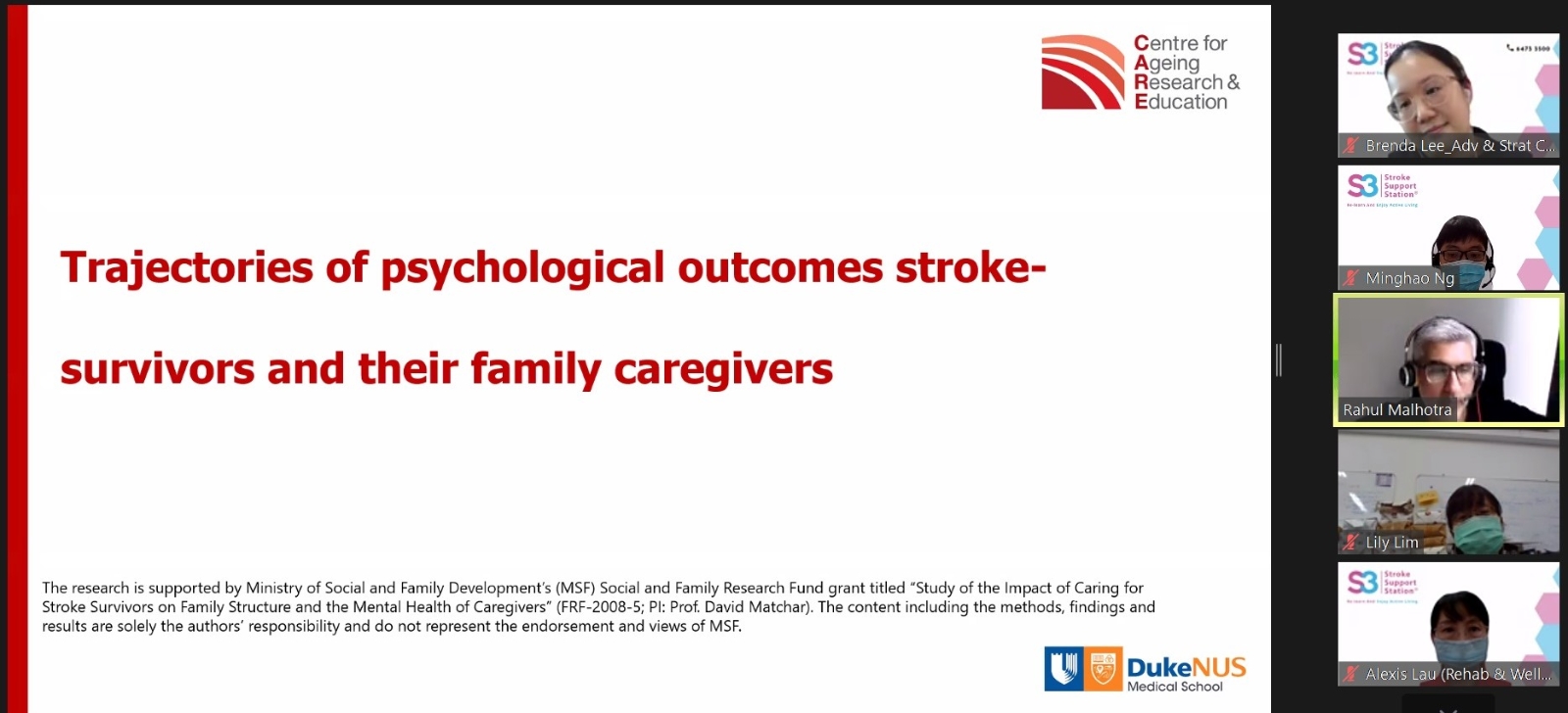
The two pieces of research highlighted that more support can be given to stroke survivors and caregivers, be it through education or the provision of resources. We hope to work together with Professors Matchar and Rahul to advocate for the interests of stroke survivors and caregivers.
Keen to uplift the lives of stroke survivors and caregivers? We would love to work with you! Call us at 6473 3500 to enquire more about our partnerships.
Downloads
